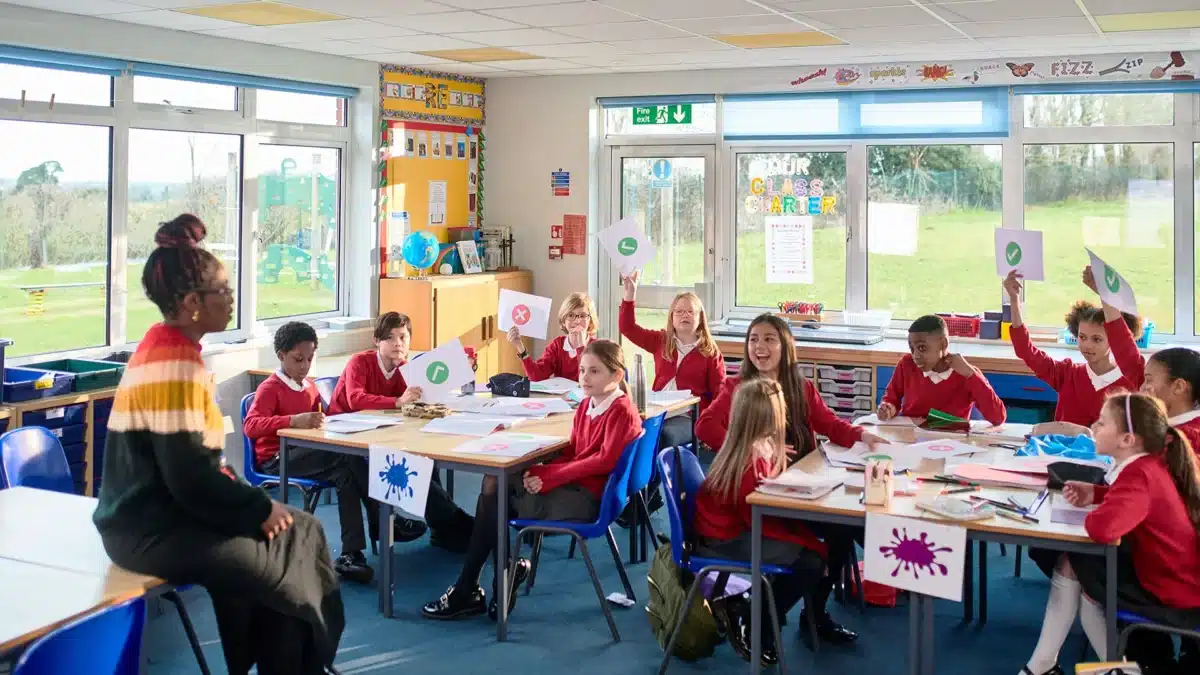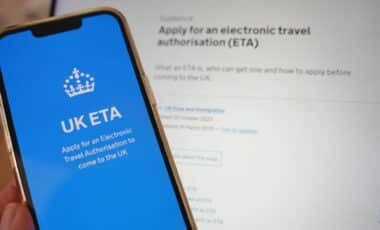Starting soon, schools in England will see significant updates to the national curriculum, focusing on improving financial literacy for children. As part of these changes, primary and secondary school students will learn vital lessons about online spending, in-game purchases, and how to identify scams. This move aims to tackle growing concerns about children spending money online without understanding the risks involved. The lessons, part of a new package of 80 lessons, are designed for pupils aged 5 to 16, and have been developed by the Oak National Academy, which was originally set up during the pandemic to support online learning, as reported by Birmingham Live.
Teaching Financial Literacy: Preparing Children for the Digital Age
With the rise of online gaming and digital transactions, many children are engaging in online purchases without fully understanding the consequences. In response to this issue, new lessons will be introduced across schools to teach children about the importance of financial literacy—particularly in the digital age.
John Roberts, interim CEO of Oak National Academy, highlighted the importance of making these lessons impactful. He said:
“By giving teachers the tools to provide well-sequenced, engaging financial learning, we can make sure it resonates with children to support them through adulthood.”
This shift will aim to equip young people with a strong foundation in managing money and recognizing the risks associated with online spending, empowering them to make informed financial decisions as they grow older.
Balancing Education and Curriculum Demands
While financial literacy is being recognized as essential, there is concern about the potential for overloading an already packed school curriculum. Pepe Di’Iasio, general secretary of the Association of School and College Leaders (ASCL), commented on this issue, stating:
“There’s a strong case for more financial education on the curriculum in general but we must be mindful of not further overloading an already packed school day.”
This highlights the challenge that educators face in balancing the delivery of financial literacy with the many other subjects that must be covered in schools. While financial literacy is crucial, schools must ensure that it is integrated in a way that does not detract from other areas of learning, particularly in an already demanding educational environment.
The Role of Online Platforms in Protecting Children
In addition to changes within schools, there is growing pressure on online platforms to take greater responsibility for the safety of children navigating digital spaces. Sarah Hannafin, head of policy at the National Association of Head Teachers, emphasized the need for a more coordinated effort between schools and tech companies, stating:
“Online platforms also need to step up to the plate, however, by strengthening age verification procedures, improving monitoring, providing clearer functions for reporting concerns and introducing more transparent codes of conduct setting out the implications of misuse.”
Hannafin’s comments underscore the importance of a multi-faceted approach to protecting young people from the dangers of digital spending and online scams. It is clear that while education plays a central role, tech companies must also take steps to ensure their platforms are safe for children.









